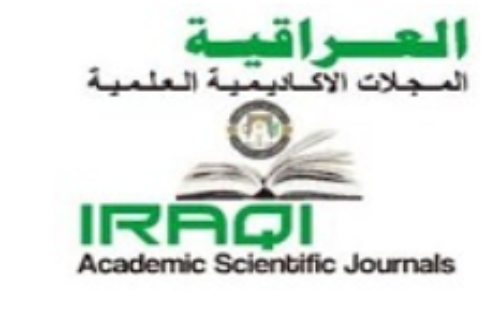Investigating the immunological effects of H.pylori infection in peptic ulcer patients.
Abstract
H. pylori colonization of the stomach elicits humoral and cellular immune responses, which is associated mostly with an increased risk for development of peptic ulcer disease. So different immunological markers evaluate in the sera of H. pylori peptic ulcer patients. inflammatory cytokines (IL-1α and IL-8) showed a significant increase in sera of patients as compared to control subjects. The results of lymphocyte immunophenotypes percentage of CD3+, CD4+, CD8+ and CD56+cells showed a significant increase in patients when compared with those of normal subjects (37, 51, 40, and 33% respectively in patients vs. 32, 30, 35, and 21%, respectively in control). Phagocytes using heat-killed yeast and NBT reaction showed significant (P ≤ 0.001) increase activity of phagocytosis (Phagocytic index; PI) in total patients as compared to control subjects. We conclude that non specific immune responses (inflammatory cytokines, different immune cells such as phagocytic cells) formed against H. pylori participate in inflammatory and damage process in gastric tissue and its progression to peptic ulcer disease.Downloads
Published
2011-02-20
Issue
Section
Articles
License
Copyright (c) 2019 University of Thi-Qar Journal of Science

This work is licensed under a Creative Commons Attribution 4.0 International License.
How to Cite
Badi Salih AL-tmemi, M. (2011). Investigating the immunological effects of H.pylori infection in peptic ulcer patients. University of Thi-Qar Journal of Science, 2(4), 47-58. https://jsci.utq.edu.iq/index.php/main/article/view/451












